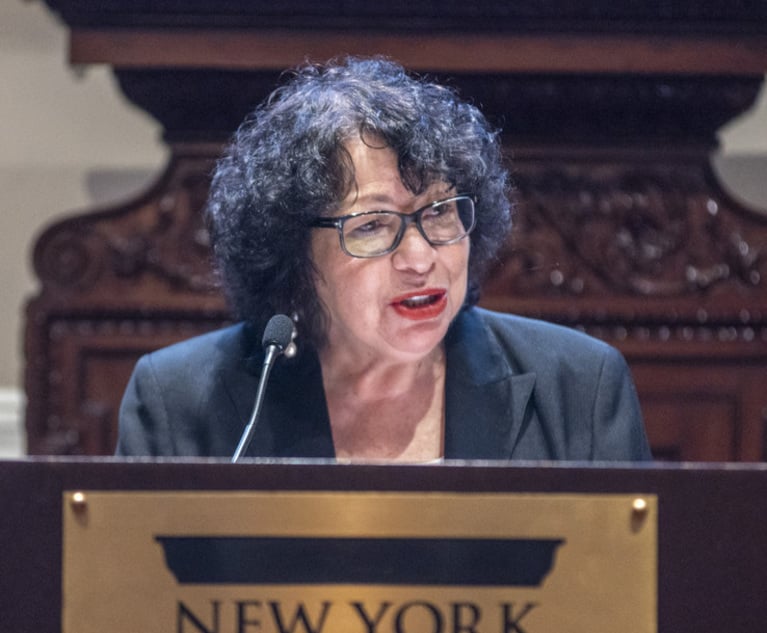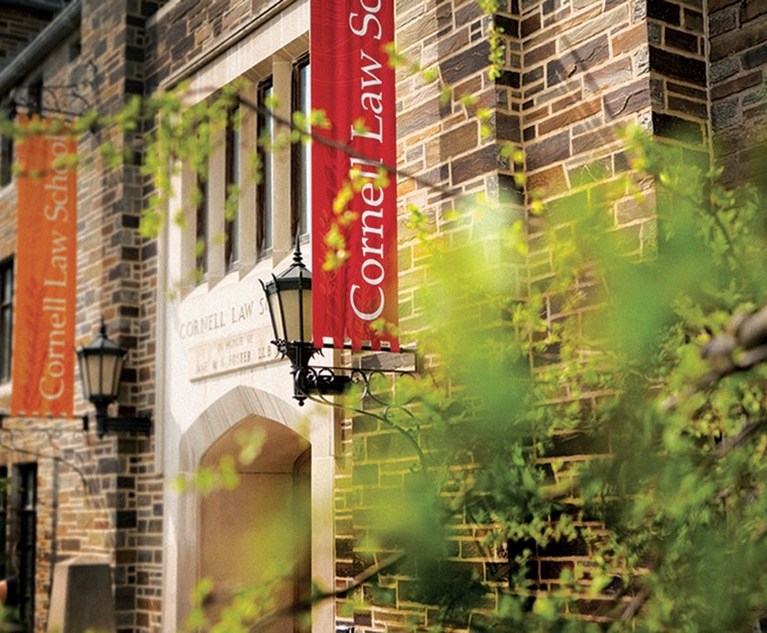As an appellate judge, I have often pondered the interplay between collegiality, consensus, and dissent, especially since reading a recent Law Journal article on the subject. Andrew Denney, Can the NY Court of Appeals, Comfortable With Debate and Dissent, Foster Consensus?, NYLJ (Sept. 26, 2018). It was an interesting read, but I could not help but contemplate whether we should instead be asking if consensus-building should always be the goal of a Chief Judge (or a Presiding Justice). And is it problematic for a court to be “comfortable with debate and dissent”? There is, of course, no bright-line rule as to what percentage of an appellate court’s decisions should be unanimous. Consensus and dissent may ebb and flow, but collegiality—cooperation and civility among colleagues—must lie at the heart of each.
Collegiality and independence form the bedrock of a judiciary in a democracy—a form of government in which many citizens (even, at times, just under 50 percent) may disagree with the prevailing view but choose to accept it without resorting to Hobbes’ “state of nature,” because their voices are heard and there is a chance that, in time, their view will become that of the majority. Indeed, we can be collegial without reaching consensus, and while valuing dissent.


 Rolando T. Acosta, Presiding Justice, Appellate Division, First Department
Rolando T. Acosta, Presiding Justice, Appellate Division, First Department




